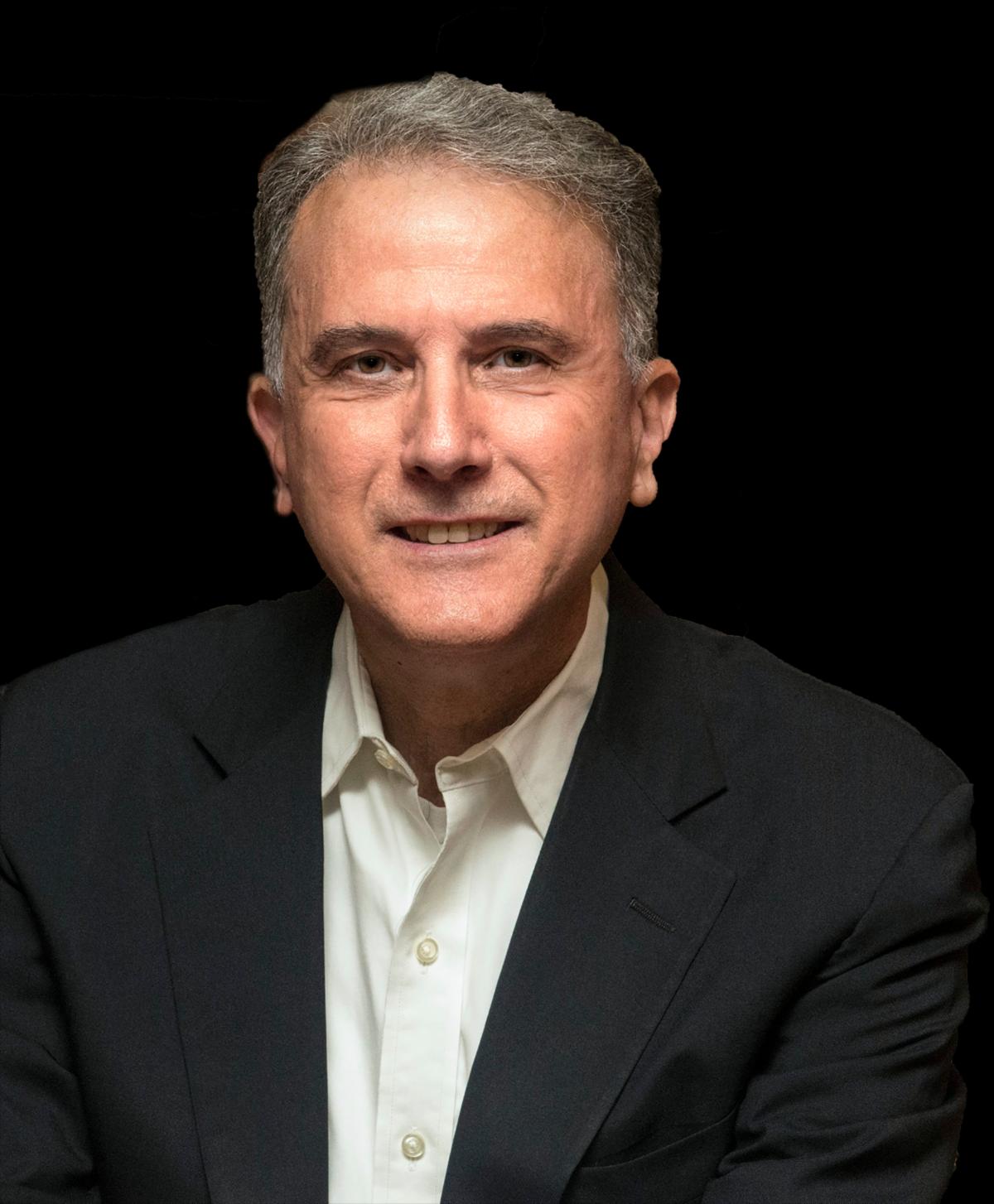The Wayne State University School of Medicine’s annual Medical Education Research and Innovation Conference will showcase two renowned medical education speakers.
The keynote speakers are Olle Ten Cate, Ph.D., professor of Medical Education at the University Medical Center Utrecht and adjunct professor of Medicine at the University of California, San Francisco; and Louis Pangaro, M.D., MACP, professor of Medicine at the Hebert School of Medicine of the Uniformed Services University of the Health Sciences.
This year’s conference, the third annual, will be held virtually from 2 to 6 p.m. Dec. 7. RSVP to attend the conference at rsvp.wayne.edu/61449b78a7d35
With a background of undergraduate medical training and a doctoral degree in social sciences, Dr. ten Cate has four decades of experience at the Universities of Amsterdam and Utrecht with curriculum innovation, educational research, and faculty development in the health professions domain, locally, nationally and internationally.

He is the founding director of the Center for Research and Development of Education at UMC Utrecht, served as the president of the Netherlands Association for Medical Education and has published and presented widely about advances in health professions education.
Dr. ten Cate has successfully mentored 24 doctoral students for degrees in health professions education and currently supervises nine candidates.
He has received several awards, including the J.P. Hubbard Award from the National Board of Medical Examiners, the Ian R. Hart Award for innovation in medical education, the NVMO Han Moll Medal and a Dutch Royal Distinction for contributions to medical education.
One of his interests is competency-based education in the health professions, specifically in the application of entrustable professional activities and entrustment decision-making to improve education to serve the quality and safety of health care practice.
Dr. Pangaro received his medical degree from Georgetown University, where he also completed a residency in Internal Medicine and fellowship in Endocrinology. He was a research fellow in Endocrinology at Walter Reed Army Medical Center and developed a radioimmunoassay for 3,5 Diiodothyronine.
He joined the Uniformed Services University in 1978 and held positions as director of Fourth Year Programs, Clerkship director and vice chair for Education. He served as Medicine Department chair from 2008 to 2018 and as interim dean from August 2020 to May 2021.
His scholarly work is in the evaluation of the competence of medical trainees and he has published more than 100 articles relating to medical education. Using the model of a radioimmunoassay he created "standardized examinees" to calibrate the validity of the prototype clinical skills examination of the U.S. Medical Licensing Exam. He introduced the concept of synthetic developmental frameworks for defining expectations of students and residents (the "RIME scheme", for reporter-interpreter-manager-educator) that is now used in EPAs and milestones. The RIME alternative to the traditional knowledge-skills-attitudes paradigm is used in many American medical schools.
From 2009 to 2014, Dr. Pangaro was the faculty leader of curricular redesign for the USU School of Medicine. He has evaluated and provided individual feedback to several thousand medical students, nearly all of who remain in the military medical community. As a facilitator in the Stanford Faculty Development Program he has worked with more than 1,000 military faculty on their teaching skills. He created a six-day course for military graduate medical education program directors in assessing competence, with nearly 500 program directors have participated in the last decades. He has published and spoken widely on faculty development and leadership in medical education.

Dr. Pangaro co-directs the annual Harvard Macy International Program for a Systems Approach to Assessment in the Health Sciences Education. His department has initiated an MHPE and Ph.D. program in medical education, in which he taught the courses in leadership in medical education and methods in clinical teaching.
He has served as an at-large member of the National Board of Medical Examiners, and on the editorial boards of Academic Medicine and Teaching and Learning in Medicine. He has served as president of the Clerkship Directors in Internal Medicine and of the Alliance for Clinical Education, the coordinating council for eight national organizations of American clerkship directors.
Dr. Pangaro has been honored by the Association of American Medical Colleges with the Glaser Distinguished Teacher Award, by USU students with the Clements Awards for Excellence in Education and by the USU Faculty with the inaugural Carol Johns Teaching Medal. He has been recognized by the NBME with its Edith J. Levittt Distinguished Service Award. He was recognized by the Army chapter of the American College of Physicians with its inaugural Master Teacher Award and by the Washington, D.C., chapter of the College with its Sol Katz Teaching Award and its Laureate Award. In 2010, he was named a master of the American College of Physicians, and in 2012 received the Distinguished Medical Educator Award of the Association of Program Directors in Internal Medicine.
Projects entered in the conference are in two categories:
Medical Education Research: Research related to the learning process that occurs within a medical education setting. Topics include, but are not limited to, learner characteristics, optimizing the learning process, assessment and evaluation, professional development, instruction design, technology in the learning environment and wellbeing. Medical education research can also include quality improvement projects.
Medical Education Innovation: Innovative curricula that address a current issue within medical education. The innovation is based on learning principles and designed to meet a specific need. Examples include, but are not limited to, health and wellness, quality improvement, patient safety, interprofessional education and service learning. This category can include “works in progress,” including research and innovation projects that are being developed or have yet to be completed.